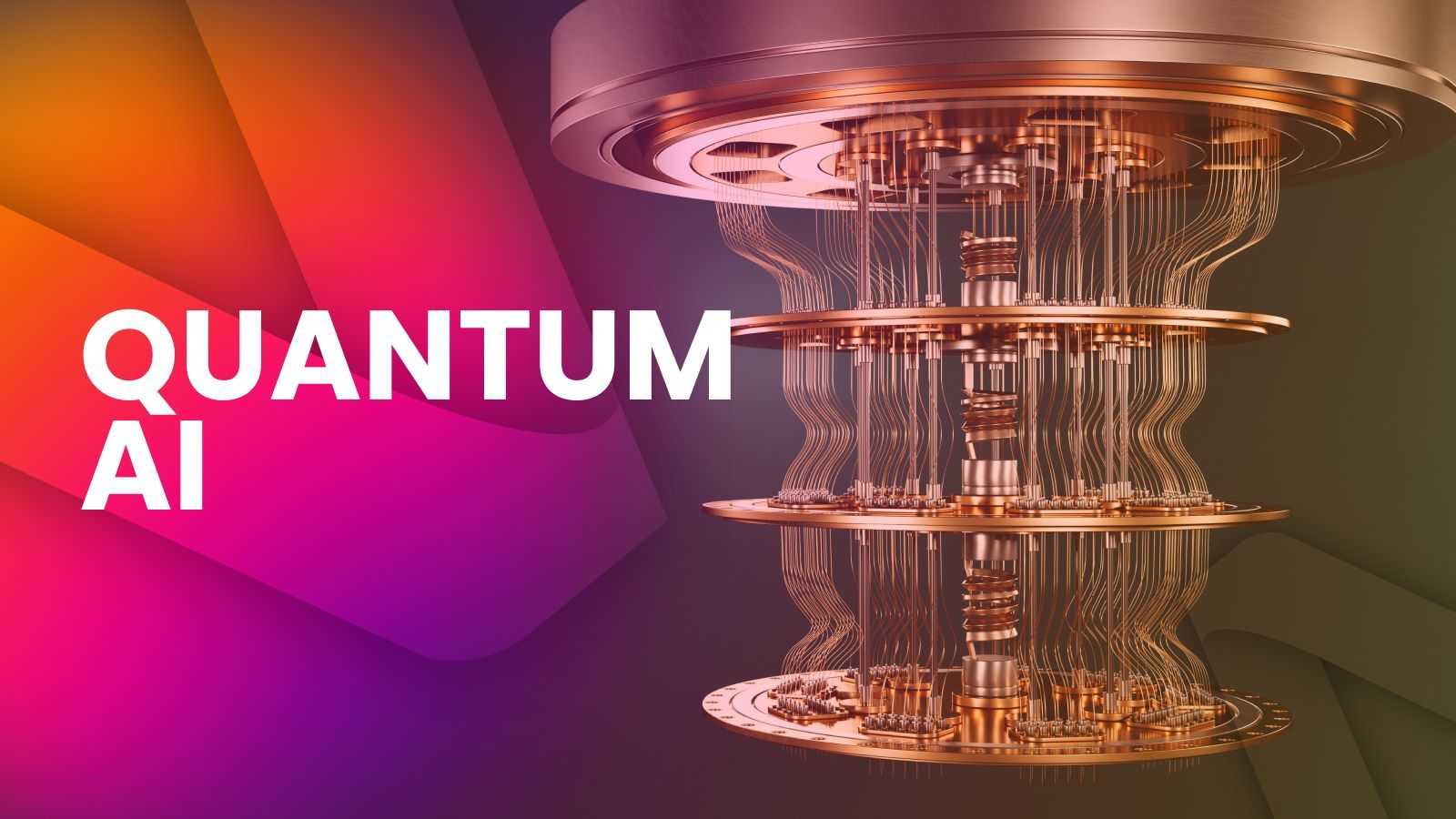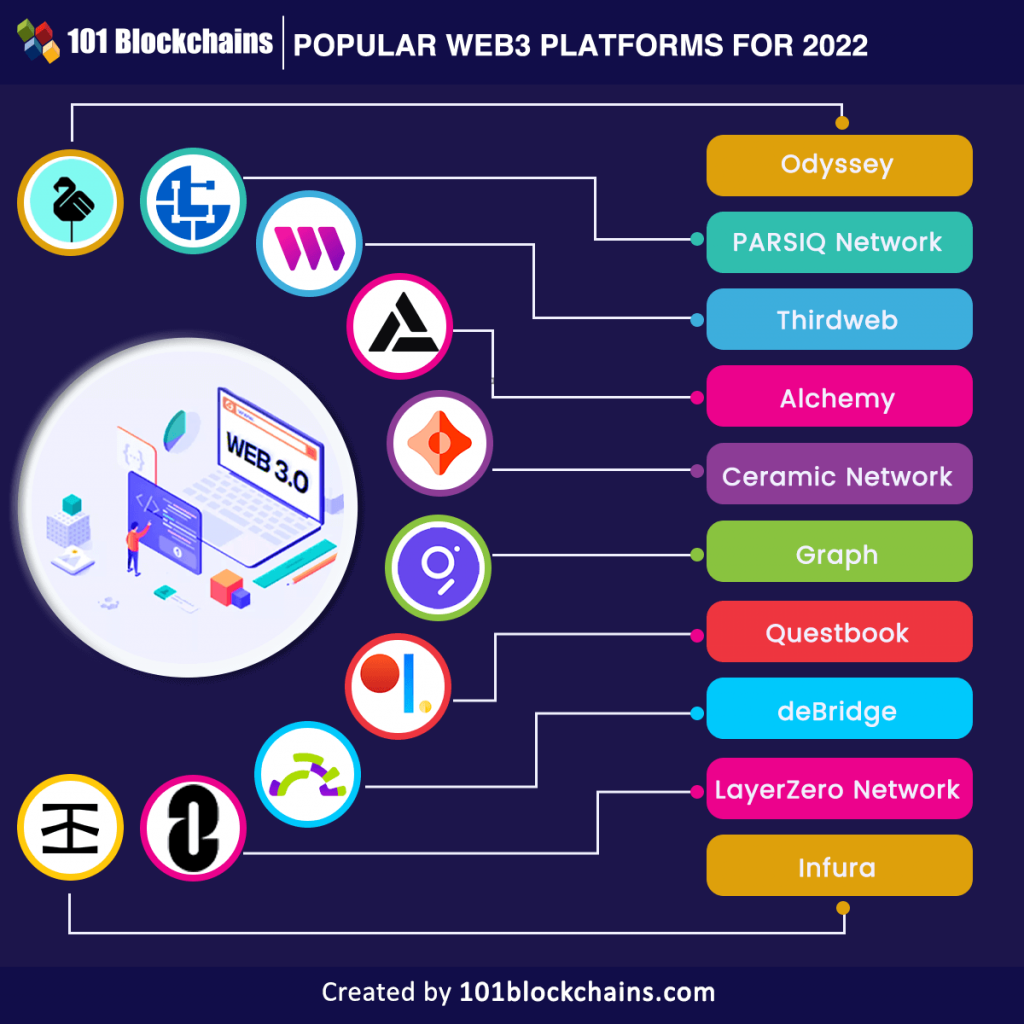
Quantum AI: The Revolutionary Intersection of Quantum Computing and Artificial Intelligence
In the rapidly evolving landscape of technology, two fields stand out as beacons of future innovation: Artificial Intelligence (AI) and Quantum Computing. Individually, they are already transforming our world. AI, with its ability to learn from data, recognize patterns, and make decisions, powers everything from our smartphones to self-driving cars. Quantum Computing, on the other hand, promises to unlock computational powers far beyond anything possible with today’s classical computers, tackling problems once thought unsolvable.
But what happens when these two groundbreaking technologies converge? Welcome to the exciting, mind-bending realm of Quantum AI. This isn’t just about making AI faster; it’s about making it fundamentally smarter, more capable, and able to solve problems that are currently beyond the reach of even the most powerful supercomputers.
This article will demystify Quantum AI, explaining what it is, why it matters, and how it’s poised to reshape industries, scientific discovery, and our daily lives.
The AI Revolution: A Quick Recap
Before we dive into the quantum realm, let’s briefly revisit the AI we know and love (or are at least familiar with). Artificial Intelligence encompasses a wide range of technologies that enable machines to simulate human intelligence.
- Machine Learning (ML): A subset of AI where systems learn from data without explicit programming. Think of it as teaching a computer by showing it many examples.
- Deep Learning (DL): A more advanced form of ML that uses neural networks (inspired by the human brain) with many layers to process complex patterns, like recognizing faces or understanding speech.
- Current Capabilities: AI today excels at tasks like:
- Data Analysis: Finding hidden patterns in massive datasets.
- Image and Speech Recognition: Powering facial recognition and voice assistants.
- Natural Language Processing (NLP): Understanding and generating human language (e.g., chatbots, translation).
- Optimization: Finding the best solutions for complex problems (e.g., logistics, finance).
Despite these impressive feats, classical AI still faces limitations. It can be computationally intensive, require vast amounts of data, and struggle with problems that involve truly massive numbers of possibilities or highly complex, interconnected variables. This is where quantum computing steps in.
Decoding Quantum Computing: A Beginner’s Guide
Quantum computing isn’t just about building faster versions of our current computers. It’s an entirely new paradigm based on the strange and wonderful rules of quantum mechanics.
The Building Blocks: Qubits
Traditional computers use bits that can be either a 0 or a 1. Quantum computers use qubits, which are far more powerful.
- Superposition: Imagine a spinning coin. While it’s spinning, it’s neither heads nor tails – it’s both at the same time. A qubit can exist in a superposition of 0, 1, or any combination of both simultaneously. This means a single qubit can hold exponentially more information than a classical bit.
- Entanglement: This is where things get really weird and powerful. Entanglement is a phenomenon where two or more qubits become linked in such a way that the state of one instantly influences the state of the others, no matter how far apart they are. It’s like having two interconnected coins, where if one lands on heads, you instantly know the other is tails, without even looking.
Why Qubits Matter
Because of superposition and entanglement, quantum computers can:
- Process vast amounts of information simultaneously: Instead of checking possibilities one by one (like a classical computer), a quantum computer can explore many possibilities at once.
- Solve problems differently: They can run algorithms that exploit quantum phenomena to find solutions much faster or more efficiently for certain types of problems.
Think of it this way: If a classical computer is like searching for a specific book in a library by reading every book one by one, a quantum computer is like being able to read all the books at the same time and instantly know which one you need.
Quantum AI: Where the Magic Happens
Quantum AI is the field dedicated to developing and applying quantum algorithms to enhance AI tasks, or to design AI systems that can control quantum computers. It’s about harnessing the unique capabilities of qubits to push the boundaries of what AI can achieve.
How Quantum Computing Enhances AI
-
Quantum Machine Learning (QML): This is the most direct intersection. QML involves using quantum algorithms to improve various aspects of machine learning, such as:
- Faster Training: Quantum computers could process massive datasets and train complex AI models much quicker than classical machines.
- Pattern Recognition: Identifying subtle, intricate patterns in data that are too complex for classical algorithms to discern.
- Dimensionality Reduction: Simplifying complex data while preserving its essential information, making it easier for AI to learn.
- Quantum Neural Networks (QNNs): Developing neural networks that leverage quantum principles, potentially leading to more powerful and efficient AI architectures.
-
Quantum Optimization: Many AI problems, from logistics to drug discovery, boil down to finding the "best" solution among an enormous number of possibilities. Quantum computers excel at certain types of optimization problems, potentially finding optimal solutions far more efficiently than classical methods.
-
Quantum-Enhanced Data Processing: Quantum algorithms could revolutionize how we process and understand data, especially for highly complex, unstructured, or noisy datasets. This can provide cleaner, more meaningful input for AI models.
-
Simulating Complex Systems: Quantum computers are inherently good at simulating quantum systems. This is crucial for fields like materials science and drug discovery, where understanding molecular interactions is key. AI can then analyze the vast outputs of these quantum simulations to accelerate scientific breakthroughs.
Key Areas of Quantum AI Research
- Quantum Support Vector Machines (QSVMs): Quantum versions of a popular classification algorithm used in machine learning.
- Quantum Annealing: A type of quantum computing particularly suited for optimization problems, often used in conjunction with AI for complex scheduling or resource allocation.
- Variational Quantum Eigensolvers (VQE): Quantum algorithms used for simulating molecular energies, with potential applications in AI-driven drug discovery.
Real-World Applications & Future Impact
The potential applications of Quantum AI are truly transformative, spanning nearly every sector imaginable.
- Healthcare and Pharmaceuticals:
- Drug Discovery: Rapidly simulating molecular interactions to discover new drugs and therapies, drastically cutting down development time.
- Personalized Medicine: Analyzing complex patient data to tailor treatments based on individual genetic makeup and disease profiles.
- Medical Imaging: Enhancing the analysis of complex medical images for earlier and more accurate disease diagnosis.
- Finance:
- Fraud Detection: Identifying sophisticated fraudulent patterns in real-time within massive transaction datasets.
- Algorithmic Trading: Developing more complex and efficient trading strategies by analyzing vast market data and predicting trends.
- Risk Management: More accurately modeling and mitigating financial risks.
- Materials Science:
- Designing New Materials: Simulating the properties of novel materials at the atomic level, leading to the creation of superconductors, advanced batteries, or more efficient catalysts.
- Quantum Sensors: Developing ultra-sensitive sensors for various applications, from medical diagnostics to geological surveys.
- Logistics and Supply Chain:
- Optimization: Solving highly complex routing and scheduling problems for delivery services, airlines, and supply chains, leading to massive efficiency gains.
- Cybersecurity:
- Quantum Cryptography: Developing unbreakable encryption methods (though quantum computers could also break current encryption, making Quantum AI crucial for defense).
- Threat Detection: Identifying new and evolving cyber threats faster and more accurately.
- Climate Modeling and Environmental Science:
- Complex Simulations: Running highly detailed simulations of climate patterns, weather systems, and environmental impacts to better predict and mitigate crises.
The Road Ahead: Challenges and Opportunities
While the promise of Quantum AI is immense, it’s important to acknowledge that the field is still in its nascent stages.
Current Challenges:
- Hardware Limitations: Current quantum computers are small, prone to errors (due to "decoherence" – the loss of quantum properties), and difficult to build and maintain. We are in the "Noisy Intermediate-Scale Quantum" (NISQ) era.
- Error Correction: Developing robust quantum error correction is crucial for building large-scale, fault-tolerant quantum computers, which is a significant research challenge.
- Algorithm Development: Creating effective quantum algorithms that can genuinely outperform classical ones for AI tasks is a complex and ongoing effort.
- Talent Gap: There’s a shortage of experts skilled in both quantum physics and computer science.
- Cost and Accessibility: Quantum computers are incredibly expensive and not yet widely accessible. Most access is via cloud platforms.
Tremendous Opportunities:
- Research and Development: Significant investments are being made globally by governments, tech giants (IBM, Google, Microsoft, Amazon), and startups in quantum computing and AI research.
- New Industries and Jobs: The development of Quantum AI will undoubtedly spawn new industries, services, and highly specialized job roles.
- Solving Grand Challenges: Quantum AI holds the potential to address some of humanity’s most pressing issues, from climate change to incurable diseases.
- Quantum Advantage/Supremacy: Reaching a point where a quantum computer can solve a problem demonstrably faster than the best classical computer is a key milestone, and Quantum AI problems are prime candidates for demonstrating this.
Conclusion: A New Era of Intelligence
Quantum AI represents not just an incremental step forward, but a potential paradigm shift in what Artificial Intelligence can achieve. By harnessing the unique and powerful properties of quantum mechanics, we are on the cusp of developing AI systems that can process information in fundamentally new ways, tackle problems of unprecedented complexity, and unlock scientific and technological breakthroughs previously thought impossible.
While the journey is long and filled with significant challenges, the synergistic potential of Quantum Computing and Artificial Intelligence promises to redefine our understanding of intelligence itself, paving the way for a future where the impossible becomes commonplace. The Quantum AI revolution is coming, and it will be nothing short of spectacular.
Keywords for SEO: Quantum AI, Quantum Computing, Artificial Intelligence, Machine Learning, Deep Learning, Quantum Machine Learning, Quantum Neural Networks, Qubits, Superposition, Entanglement, Quantum Optimization, Quantum Advantage, Future of AI, AI applications, Quantum technology, NISQ, IBM Quantum, Google AI, Quantum algorithms, AI revolution.



Post Comment